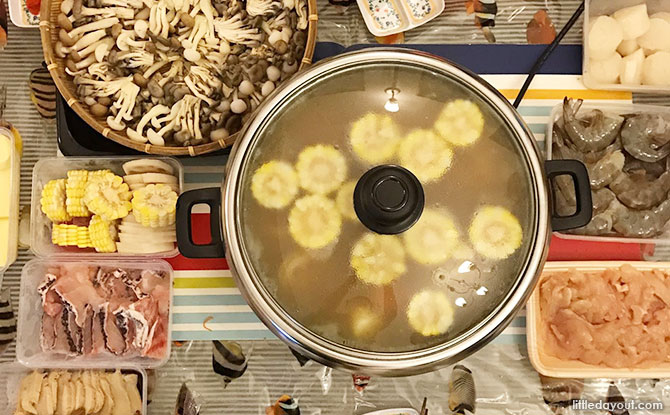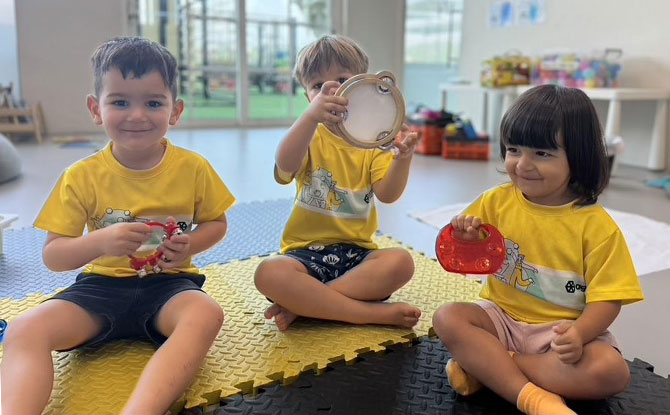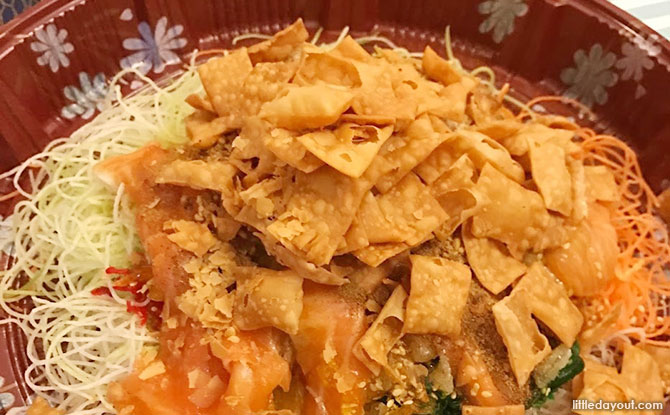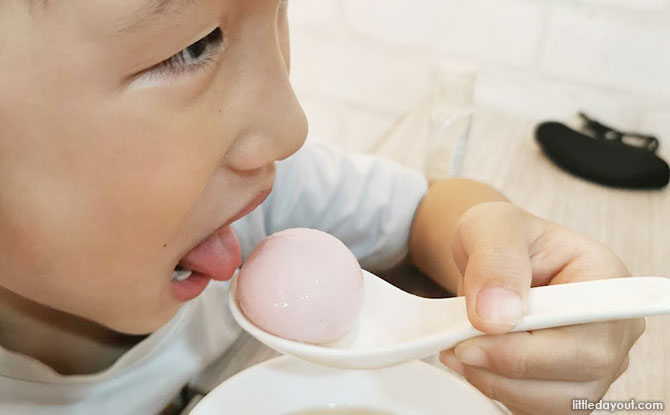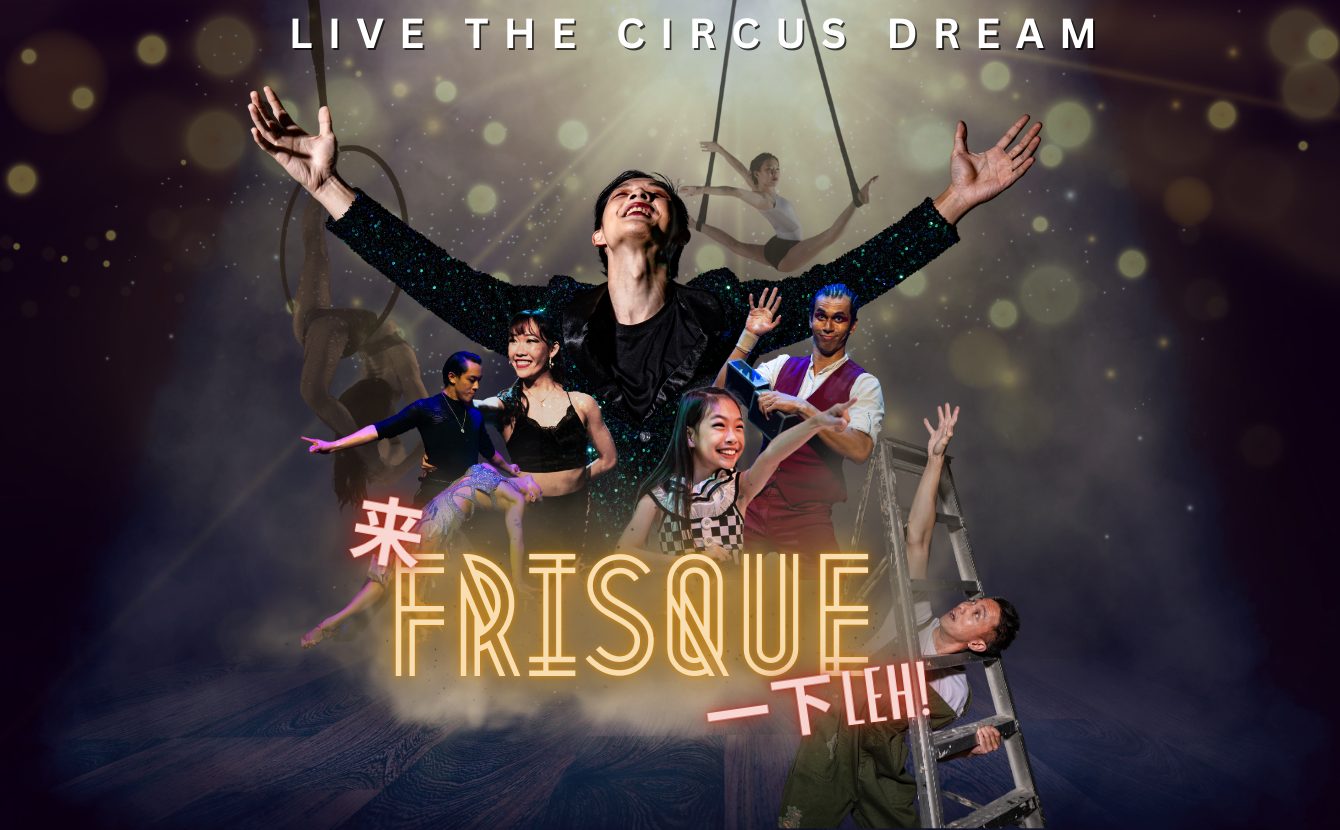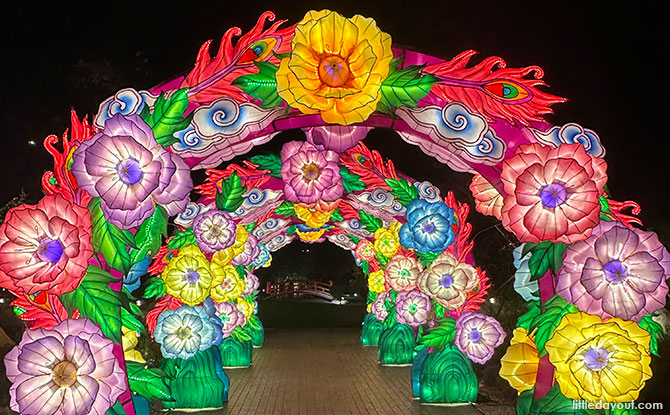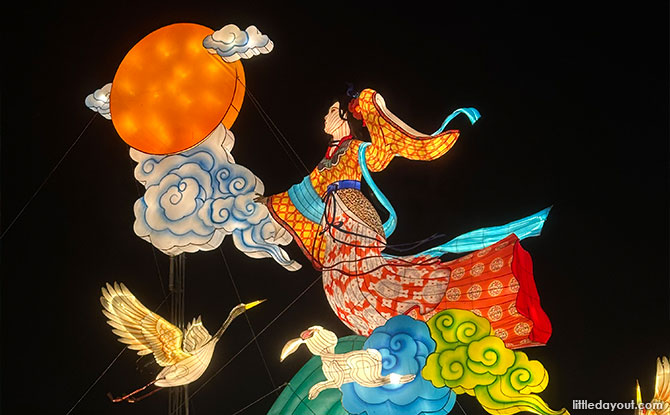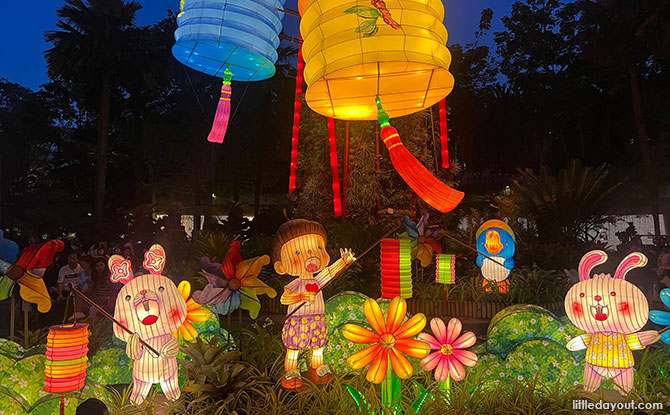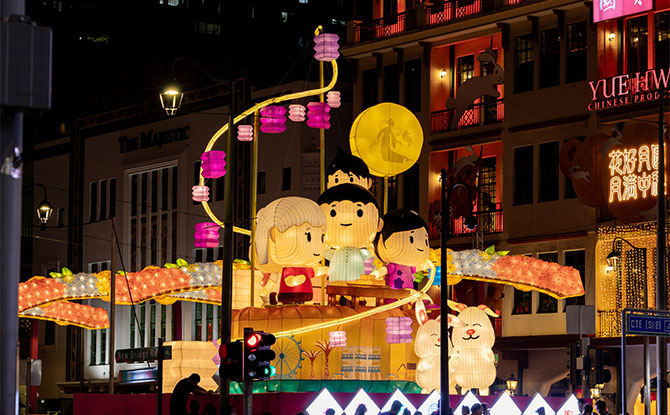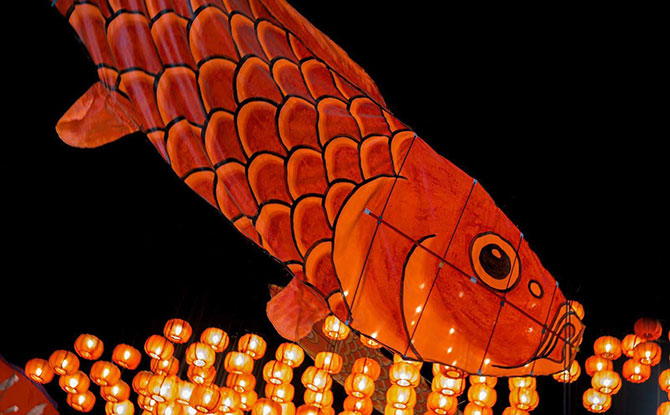
Did you know that Chinese New Year lasts for a period of 15 days?
That’s more reason and more time to indulge in the festivities. In China, the 15 days of Chinese New Year would typically see businesses closed for the holidays as people travel back to their hometowns to spend two weeks with their families.
It might be different for others who celebrate Chinese New Year, depending on where you are. Although we get two public holidays every Chinese New Year, it doesn’t end there but goes on till the fifteenth day of the “year”
What is Chinese New Year?
Year-end Holiday Camps: Discover Fun and Exciting Camps for Kids; Book Early
Farm Fright: Join City Sprouts For Their Halloween Bash On 26 Oct
It heralds the coming of Spring, and celebrated of the first fifteen days of the lunar calendar. Traditions typically include reunion meals with loved ones, gatherings and more.
Before Chinese New Year, there is usually a time of spring cleaning as cleaning during the festive period can mean “sweeping away the luck”. The eve of Chinese New Year is dedicated to reunion meals. It is called chu2 xi1 除夕.
Some families also believe in the practice of shou3 ye4 守夜, which literally means watching the night. Children will stay up (a chance to finally not go to bed?) and watch the night to usher in longevity for their parents and elders.
15 Days of Lunar New Year – Their meanings and traditions
First Day of Chinese New Year 初一
- Consists of visiting parents of husband and elders in the husband side of the family.
- Burnt offerings may be made to ancestors.
- Taoists would visit the temples to pay respect to the deities.
- Much noise made through fire crackers, dragon and lion dances to chase away the monster “Nian”.
- No sweeping or cleaning as this would “sweep away luck and fortune”.
Second Day of Chinese New Year 初二
- Visiting parents of wife and elders in the wife’s side of the family.
- It’s the “birthday of all dogs”, so give the dogs a treat!
Third Day of Chinese New Year 初三
- Day to stay home and perhaps recuperate from the feasting.
- Legend has it that rats get married on this day, some leave rice around as gifts so rats will not bother the family during the year.
Fourth Day of Chinese New Year 初四
- The day to honour the Kitchen god who would return to Heaven to report on the family to the Jade Emperor, some place nian2 gao1 (New Year Sticky Cake) as offerings to appease the Kitchen god who then either can’t speak much due to the stickiness of the sweet cake or speaks sweet nothings about the family.
- Taoists typically make offerings of food and wine will be made at the altars as well.
Fifth Day of Chinese New Year 初五
- The day of honouring the Fortune god for good fortune.
- It is also the day of “breaking the fifth” or 破五 when taboos of the first four days can be broken. Cleaning and sweeping resumes!
- Businesses resume after the holidays.
Sixth Day
- Those who turn 12 this year will be the lucky ones!
- Most businesses and restaurants will resume business.
Seventh Day 初七 人日
- Birthdays of Humankind, it is the day believed to be everyone’s birthday.
- A lohei session is in order on this day!
Eighth Day 初八
- Leftovers from Chinese New Year should all be consumed on this day.
- Some release pets into the wild to respect nature. (However, we do caution against doing this in Singapore. This can threaten the balance in the ecosystem and introduce foreign species into our waters.)
- Preparation for the Jade Emperor’s birthday begins.
Ninth Day 初九
- Birthday of the Jade Emperor or the God of All Heavens, Hokkien Chinese make offerings.
- Flower candles are lit on the ponds.
Tenth Day 初十
- No moving of any stone allowed as it is the birthday of the god of stone.
Eleventh Day 初十一
- Sons -in-law are invited to their in laws’ home.
- In some places, the Dragon Dance is performed and this is usually accompanied by fire crackers.
Twelfth Day 初十二
- Preparing for the Lantern Festival begins.
Thirteenth Day 初十三
- On this day, it is a custom to place lights by the kitchen stove. This seems to symbolise lighting up to start Lantern Festival.
- Some give the body a break by eating vegetarian food such as porridge with mustard greens.
Fourteenth Day 初十四
- Families buy lanterns in preparation for Lantern Festival.
Fifteenth Day Chap Goh Mei 初十五, 元宵节
- The last day of the Lunar New Year is also known as Chap Goh Mei in Hokkien or Lantern Festival Yuan2 Xiao1 Jie1.
- On this day, single ladies will write their names and contact details on oranges and toss them into the river hoping that a man would scoop them up and contact them.
- Another custom is to guess lantern riddles. Riddles will be written on lanterns with people surrounding the riddles, pulling the note off if they have the right answer.
- A typical dish is also tang yuan, eaten with family to symbolise family unity and harmony.
Did you learn anything new about Lunar New Year?
Each day of Chinese New Year has its traditions and quirky customs. Even if we do not practise them, it is good to understand how others might celebrate it and also taboo activities to stay away from. Have a wonderful Lunar New Year and may you have an abundance of joy beyond the fifteen days!


